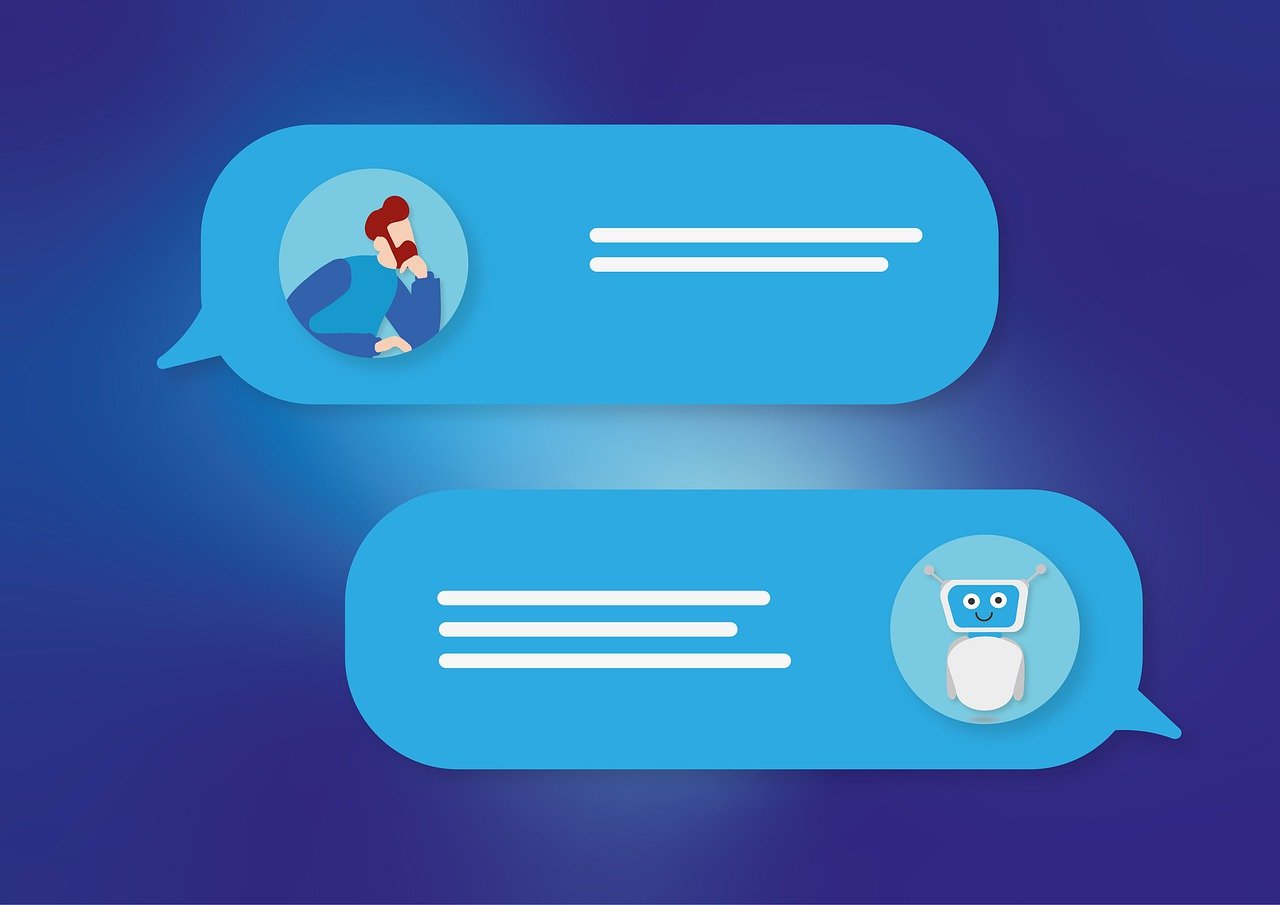How does NLP impact the development of virtual assistants in e-commerce?
E-commerce, or electronic commerce, is an integral part of our lives. Online shopping has become a daily routine, and the choice of products and services available online is vast. However, to meet the growing expectations of customers, entrepreneurs must constantly develop and innovate. One of the most promising revolutions in e-commerce is the use of NLP technology, which stands for Natural Language Processing.
It is NLP that changes the way consumers interact with e-commerce platforms and virtual assistants. With this advanced artificial intelligence tool, machines can understand, analyze, and respond to human language not only efficiently but also almost humanly. This opens the door to new possibilities in the areas of personalization, customer service, and delivering more valuable shopping experiences.
NLP - the new era of virtual assistants in e-commerce
NLP. What is it and how does it work?
Natural Language Processing (NLP) is an area of artificial intelligence that enables computers to understand and interact with human language in a way similar to human thinking. That means machines equipped with NLP can analyze and understand text, speech, and user intentions. In the context of e-commerce, NLP means that virtual assistants become more "intelligent" and can communicate with customers in a more natural and effective way.
NLP and AI-driven personalization
One of the key areas where NLP is revolutionizing e-commerce is personalization. Virtual assistants, using NLP, can analyze data related to the customer, such as purchase history, viewed products, or preferences, and based on this provide personalized recommendations. This means that at first glance, the assistant can suggest products that are most interesting to a given customer. An example might be a situation where a customer asks, "Do you have any new photography items?" The assistant, using NLP, quickly analyzes the customer's purchase history and proposes the latest cameras and accessories in this field, tailored to individual preferences.
Effective handling of questions and complaints
Another key impact of NLP on e-commerce is the ability to effectively handle customer questions and complaints. Many e-retailers use NLP-based chatbots for automated customer service on websites and in apps. These advanced chatbots can analyze text entered by the customer, understand their intentions, and provide real-time responses. For example, if a customer has a product availability issue, they might write: "Is this product available in my region?" Using NLP, the chatbot locates the customer and provides up-to-date information about the product's availability in their area, saving the customer's time and enhancing their satisfaction with the service.
NLP and SEO-friendly content
When thinking about e-commerce, we cannot forget the role of SEO (Search Engine Optimization) in the online visibility of the store. By applying NLP to e-commerce content, search rankings can be improved. NLP helps create more complex and targeted content, leading to higher visibility in search engines. This means potential customers can easily find the online store and products they are interested in.
Examples of NLP in e-commerce
1. Amazon Alexa and personalized recommendations
Amazon is a leader in using NLP in e-commerce thanks to its virtual assistant, Alexa. Alexa not only answers customer questions but also analyzes their previous purchases and preferences. As a result, it can deliver personalized product recommendations. For instance, if a user asks, "What would you recommend in the smart home category?" Alexa will not only list products but also consider the customer's preferences, suggesting products compatible with existing equipment.
2. Chatbots in customer service
More and more e-commerce companies are introducing advanced chatbots in the area of customer service. These chatbots, based on NLP, can recognize customer intentions and deliver real-time responses. For example, when a customer asks, "Can I return this product?" the chatbot can recognize the question and guide the customer through the return process, saving time and ensuring clear communication.
3. Recommendation algorithms on product pages
Many e-commerce platforms use NLP to create more precise product recommendation algorithms. This allows customers to discover products that meet their individual needs and tastes. When a customer views a specific product page, NLP analyzes their activity and similarity to other customers, allowing for the provision of the most relevant product recommendations.
Conclusion
NLP technology is the foundation of the future of e-commerce. With its ability to analyze natural language, virtual assistants are becoming increasingly advanced and personalized. This translates into increased conversion, customer loyalty, and better customer service. Companies investing in NLP gain a competitive edge and thrive in the dynamic world of e-commerce. As NLP technology continues to evolve, we can expect even more advanced virtual assistants that will change the way we shop online. It's an exciting time in the history of e-commerce, where technology and creativity create new, more personalized, and effective online shopping experiences.




